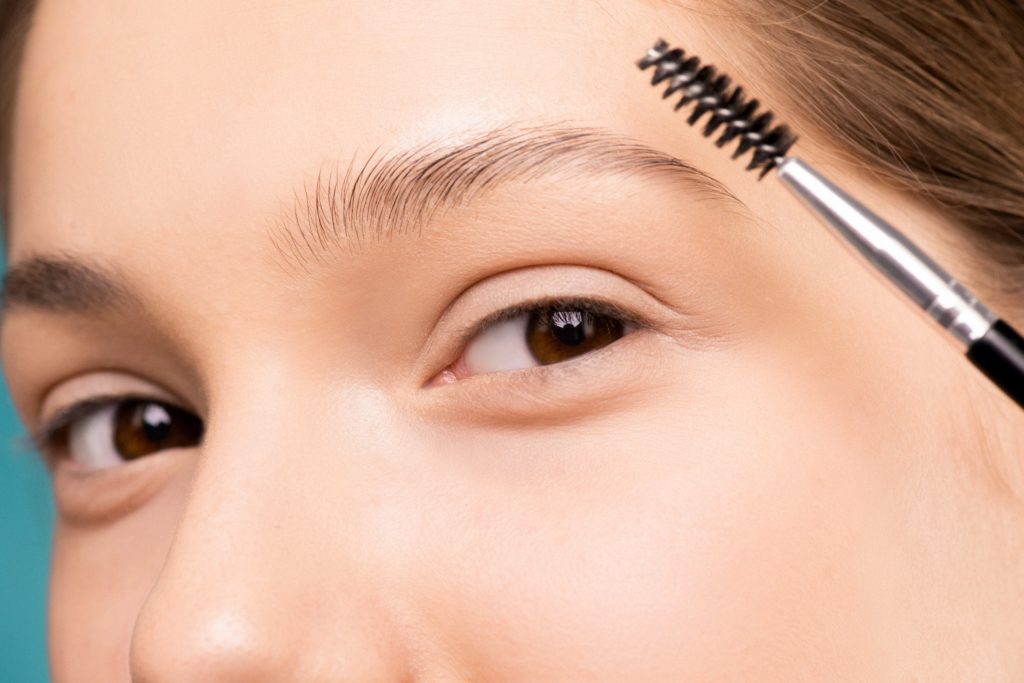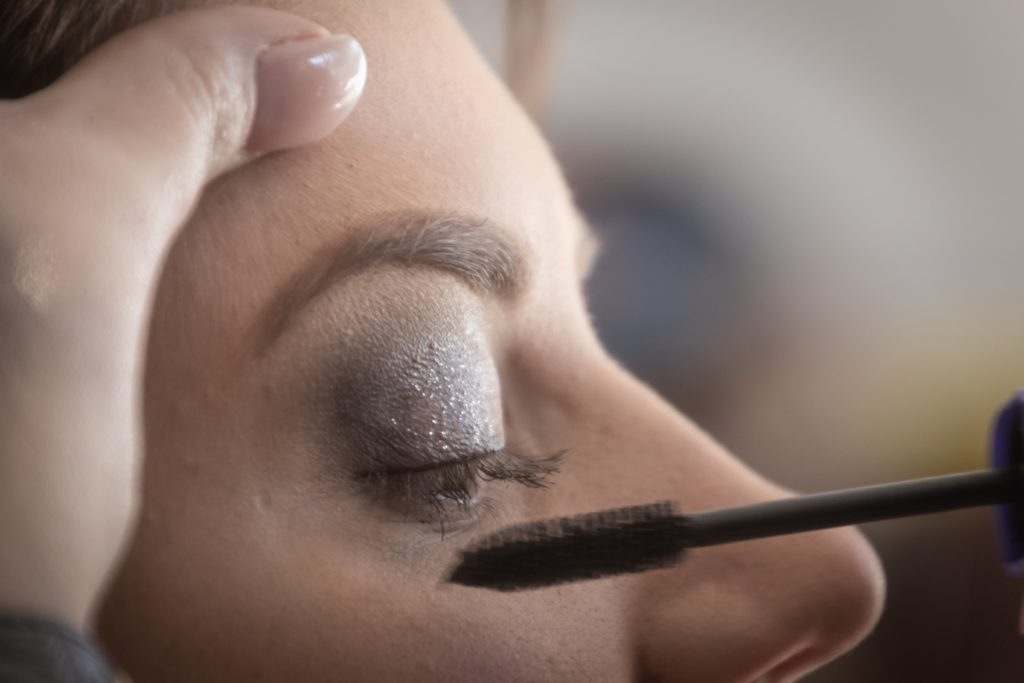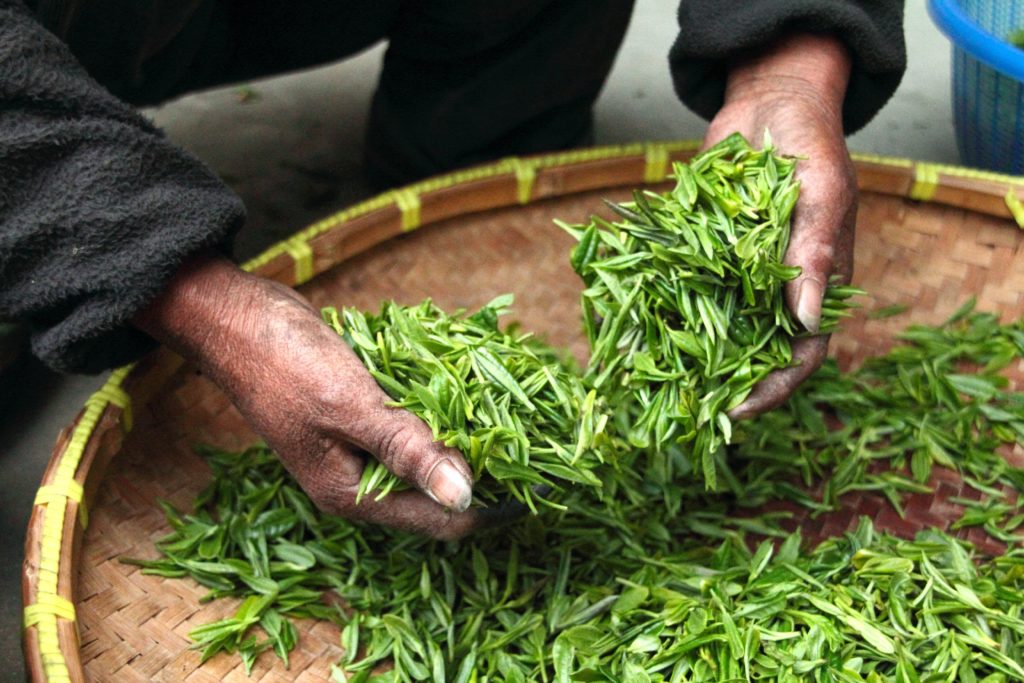In recent years, the beauty industry has undergone a significant shift towards sustainability, driven by growing awareness of environmental issues and consumer demand for eco-friendly products and practices.
The lash extension industry is no exception, with professionals and clients alike seeking greener and more ethical alternatives to traditional lash extension techniques.
In this article, we’ll delve into the various sustainable practices shaping the lash extension industry and explore how they’re transforming the way we approach beauty and skincare.
Sustainable Practices in the Lash Extension Industry
1. Eco-Friendly Products
One of the most significant shifts in the lash extension industry is the move towards eco-friendly products. Traditional lash extension adhesives often contain harsh chemicals and synthetic ingredients that can be harmful to both the environment and human health.
In response, many lash artists and salons are now opting for adhesives made from natural, biodegradable ingredients that are gentler on the skin and the planet.
2. Ethical Sourcing
Another key aspect of sustainability in the lash extension industry is ethical sourcing. This involves ensuring that the materials used in lash extensions, such as mink fur or synthetic fibers, are sourced from suppliers who adhere to ethical and humane practices.
For example, some lash artists choose to use synthetic fibers or faux mink lashes instead of real mink fur, which is often obtained through inhumane practices such as fur farming.
3. Waste Reduction
Waste reduction is also a crucial component of sustainable practices in the lash extension industry. Traditional lash extension techniques often produce a significant amount of waste, from disposable applicators and wipes to packaging materials.
To minimize waste, many lash artists and salons are adopting practices such as using reusable tools and implements, opting for eco-friendly packaging materials, and encouraging clients to recycle or repurpose lash extension products.
4. Education and Awareness
Education and awareness play a vital role in promoting sustainability in the lash extension industry. By educating clients about the environmental and ethical implications of traditional lash extension techniques and the benefits of sustainable alternatives, lash artists can empower them to make more informed choices about their beauty routines.
Additionally, ongoing training and certification programs can help lash artists stay up-to-date on the latest sustainable practices and techniques.
5. Community Engagement
Community engagement is essential for fostering a culture of sustainability in the lash extension industry. By collaborating with other lash artists, salons, and industry stakeholders, professionals can share best practices, resources, and ideas for promoting sustainability.
Community events, workshops, and forums can also provide opportunities for networking, education, and collaboration around sustainability initiatives.
Conclusion
As the demand for lash extensions continues to grow, so too does the need for sustainable practices in the industry. By embracing eco-friendly products, ethical sourcing, waste reduction efforts, education and awareness campaigns, and community engagement initiatives, lash artists and salons can play a pivotal role in promoting sustainability and ethical practices in the lash extension industry. Together, we can create a greener, more ethical future for beauty and skincare, one lash at a time.
FAQs
Q1: Are synthetic lash extensions as effective as real mink lashes?
Synthetic lash extensions can be just as effective as real mink lashes, offering similar results in terms of length, volume, and durability. Additionally, synthetic lashes are often more affordable and cruelty-free, making them a popular choice for clients seeking sustainable alternatives.
Q2: How can I find a lash artist or salon that prioritizes sustainability?
You can start by researching lash artists and salons in your area that advertise their commitment to sustainability on their website or social media channels. Additionally, you can ask for recommendations from friends, family, or online communities who share your values and priorities.
Q3: Are lash extension adhesives made from natural ingredients safe for sensitive skin?
Lash extension adhesives made from natural ingredients are generally considered safer for sensitive skin than traditional adhesives containing harsh chemicals. However, it’s essential to consult with your lash artist or conduct a patch test to ensure compatibility with your skin before undergoing a full lash extension treatment.
Q4: How can I dispose of old lash extensions responsibly?
To dispose of old lash extensions responsibly, you can remove them using a gentle adhesive remover and dispose of them in the trash. Alternatively, you can ask your lash artist or salon if they offer a recycling program for old lash extension products.
Q5: What can I do to support sustainability in the lash extension industry as a client?
As a client, you can support sustainability in the lash extension industry by choosing lash artists and salons that prioritize eco-friendly and ethical practices, asking questions about their sourcing and waste reduction efforts, and advocating for sustainability within your community and social circles.



